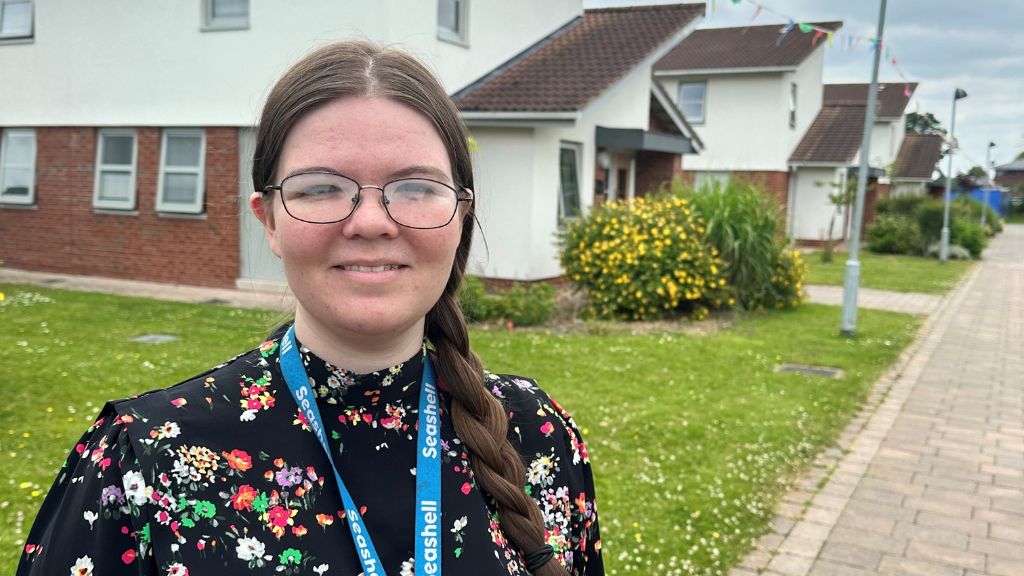OPINION: Care sector ‘cannot rely on government’ to fix sector, warns Martin Green
Following discussions at a care sector roundtable hosted by The Access Group, Martin Green, CEO of Care England, who chaired the roundtable, has warned that the UK “cannot rely on the government to tackle social care challenges” and said that “solutions must come from within”.
Here he sets out how well-documented challenges in adult social care can be overcome by the collective action of local leaders and the standardisation of technology.

Historically social care has been overlooked by successive governments, with the NHS taking precedence in terms of funding and development.
While the new Labour government has made some positive pledges – including the introduction of a National Care Service – there was an overwhelming consensus amongst delegates at the ‘Care Perspectives’ roundtable that we shouldn’t rely on central government to make the wholesale changes needed.
Solutions will only be delivered effectively by the collective action of those organisations providing and supporting social care, working with the local and national commissioners.
The complex landscape of challenges we face includes a lack of adequate funding, difficulties with recruiting and retaining a skilled workforce, fragmented services (64% of providers are small businesses) and concerns over CQC regulation. With all these issues to overcome, there isn’t a ‘silver bullet’. However, technology is – and is already proving to be – a game-changer.
Technology revolution
The care sector has traditionally been slow to adopt new technology. However, if the sector is going to thrive rather than survive, it’s time that digital and data took their rightful place at the forefront of reform and improvements.
Specifically, technology-enabled care (TEC), can change the paradigm of how care is delivered – enabling an individual’s support to be designed for and alongside them. There are instances across the country where TEC enables providers to be more efficient and responsive to people’s needs. Plus, crucially, the collection and analysis of the data from implementing these solutions can accelerate the shift towards more proactive and preventative care and support.
For example, Clackmannanshire and Stirling Health and Social Care Partnership (HSCP) and East Lothian HSCP changed 40% of their care plans to make them more responsive to the needs of individuals after using TEC to monitor and interpret their behaviour. This included avoiding care home admissions and safely minimising domiciliary care visits. And the costs that were saved exceeded any additional expense for the new care plans.
While delegates at the roundtable – which included providers, care worker associations, recruiters and technology industry representatives – agreed on this direction of travel, it was clear there are barriers to adoption at scale and pace.
Constrained local budgets, a lack of digital skills amongst the workforce and a disparate provider landscape have meant the benefits of technology are not being fully realised.
Moreover, delegates called for an integrated, outcomes-based commissioning model, mandated by ICSs, which encourages greater collaboration between commissioners and providers and ensures decisions are based on benefits and outcomes.
Standardisation
If we are to scale digital and data-led systems, particularly in the short term, we need to create an environment that encourages a core level of standardisation based on people being empowered to live the best life possible.
For example, the NHS list of Digital Social Care Records (DSCRs) suppliers, includes solutions that conform to certain fundamental standards.
This approach could be adapted to encompass other forms of technology. And would benefit greatly from collaborating with care providers, software companies, recipients of care and care workers to set the expectations and commitments.
TechUK and the Professional Records Standards Body are already championing this type of approach and their work could form the basis of an agreement on core capabilities and standards.
In turn, this will enable greater interoperability and information sharing between care settings and the connection of the ‘data dots’. At the moment, so much data is collected but not being used to inform models of care and support. Delegates referred to the fact that there is an unfocussed ‘data swamp’.
In addition, the limited resources in care organisations to collate and synthesise the information means we aren’t capitalising on the data to improve service delivery and resource planning. And ultimately move towards a preventative and proactive health and care system rather than a reactive one.
Yet there is technology specifically designed to do this, and with the advent of powerful platforms incorporating AI, the ability to analyse data is developing at pace. We just need to empower our local leaders to adopt it at scale.
Collective action
After a detailed debate at the roundtable, we all agreed that this empowerment will come from within our own organisations. And with no time to waste, it requires collective action that includes collaboration with commissioners, local authorities and ICBs.
As a result, we are establishing an action group to drive forward this revolutionary reform and call on anyone who wants to improve the model of care to join us. We will build on the momentum from the roundtable to establish a powerful base of care organisations and technology specialists to drive this agenda forward.



